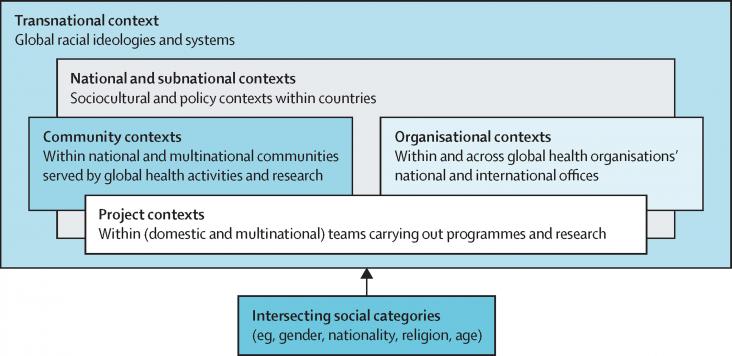
On March 21, The International Day for the Elimination of Racial Discrimination is observed annually on the day the police in Sharpeville, South Africa, opened fire and killed 69 people at a peaceful demonstration against apartheid "pass laws" in 1960. This year’s 2021 theme is “Youth standing up against racism”. It engages the public through #FightRacism, which aims to foster a global culture of tolerance, equality and anti-discrimination and calls on each and every one of us to stand up against racial prejudice and intolerant attitudes. Young people massively showed their support at the 2020 Black Lives Matter marches, which drew millions of demonstrators worldwide. On the streets, groundswells of youth came together to protest against racial injustice. On social media, they mobilized participation, calling on their peers to speak out, and to stand up for the equal rights of all. COVID-19 has heavily impacted young people, including those from minority backgrounds. Many are now grappling with an increase in racial discrimination, in addition to severe disruptions to their education; diminished employment prospects; and limited ability to participate in public life, which stymies their individual and social empowerment.
To engage, highlight, and raise awareness on racial discrimination, Elsevier presents a curated list of free access journal articles and book chapters. At Elsevier, we will #Standup4humanrights and send the message that racism is unacceptable everywhere.
Social Sciences & Humanities Open, Volume 2, Issue 1, 2020, 100074, ISSN 2590-2911
The Lancet Global Health, Volume 9, April 2021
Three Facets of Public Health and Paths to Improvements: Behavior, Culture, and Environment, 2020, Pages 353-380
Psychosocial Aspects of Chronic Kidney Disease, 2021, Pages 49-88
Handbook of Aging and the Social Sciences, Ninth Edition, 2021, Pages 131-149
Community Mental Health Engagement with Racially Diverse Populations, 2020, Pages 15-48
Mental Health and Behavioral Health of Immigrants in the United States, 2020, Pages 179-200
Encyclopedia of the Anthropocene, Volume 2, 2018, Pages 435-439
The Economics of Education, Second Edition, 2020, Pages 133-147
Nutritional Epigenomics, 2019, Pages 51-65
Advances in Social Psychology, 2018, Pages 71-125
Advances in Social Psychology, Volume 62, Pages 245-304






